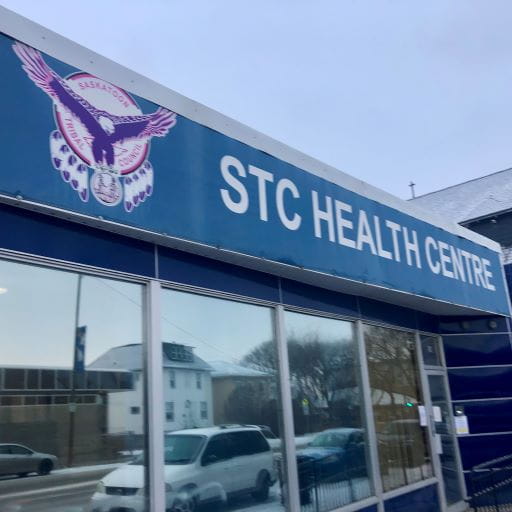Released on December 3, 2018
Harm reduction services in Saskatoon are getting a boost thanks to a multi-year funding agreement between the Saskatchewan Government, Indigenous Services Canada and the Saskatoon Tribal Council (STC).
The Ministry of Health, through the Saskatchewan Health Authority, and Indigenous Services Canada will each contribute a total of $825,000 between October 2018 and April 2024 ($75,000 in 2018-19 and $150,000 in subsequent years) to STC’s harm reduction program. Saskatoon Tribal Council will provide in-kind contributions of $50,000 for 2018-19 and $100,000 annually to March 2024.
“Our government is pleased to support the Saskatoon Tribal Council’s harm reduction program,” Health Minister Jim Reiter said. “Harm reduction is an important part of our approach to HIV, which also includes getting people tested and increasing access to treatment.”
Drug use practices can lead to transmission of HIV and hepatitis C. Harm reduction programs provide education, supplies, and supports to people who use drugs, reducing the spread of blood-borne infections and other health-related harms.
“I am very pleased to announce the very promising partnership between the provincial government, First Nations Inuit Health and the Saskatoon Tribal Council,” Saskatoon Tribal Council Tribal Chief Mark Arcand said. “STC excels in providing accessible status blind services to ensure First Nations and other citizens in Saskatoon receive the best care possible. We look forward to ensuring preventative harm reduction measures that are delivered in a culturally safe and respectful manner. We and our partners agree that a collaborative approach is necessary if we are to reduce the rates of HIV and hepatitis C in Saskatchewan. Together we can and will affect real change which enriches people's quality of life.”

The funding will enable STC to establish services including street outreach, client navigators, peer engagement, community needle pick up and transportation for clients. STC is planning to recruit a health centre director, an immunization/administrative co-ordinator, two outreach workers, casual staff for the needle exchange and elder services.
“We know that First Nations-led and delivered programming and services can have the biggest impact on improving health outcomes for Indigenous peoples,” said Jane Philpott, Minister of Indigenous Services Canada. “Currently 30 First Nation communities in Saskatchewan are offering harm reduction services, and Indigenous Services Canada is pleased to provide financial support to the Saskatoon Tribal Council’s harm reduction program. This new funding agreement will allow for expanded access to more First Nations people in Saskatoon and surrounding communities, and will support a full range of harm reduction and HIV/AIDS care services. I applaud the leadership of the Saskatoon Tribal Council for this important work.”
The Ministry of Health funding will be provided to STC through the Saskatchewan Health Authority (SHA). The SHA is also providing $180,000 this fiscal year toward STC’s harm reduction program, adding to the existing SHA support to STC for harm reduction supplies ($314,000 in 2017/18).
“This partnership approach to serving our community has been built over a number of years,” Saskatchewan Health Authority Chief Medical Health Officer Dr. Susan Shaw said. “We look forward to more opportunities to support the Saskatoon Tribal Council in their good work.”
-30-
For more information, contact:
Shelley Svedahl
Health
Regina
Phone: 306-787-4083
Email: Shelley.Svedahl@health.gov.sk.ca
Priscilla Wolf
Saskatoon Tribal Council
Saskatoon
Phone: 306-380-3935
Email: pwolf@sktc.sk.ca
Media Relations
Indigenous Services Canada
Ottawa
Phone: 819-953-1160
Email: SAC.media.ISC@canada.ca
Amanda Purcell
Saskatchewan Health Authority
Saskatoon
Phone: 306-655-3476
Email: amanda.purcell@saskhealthauthority.ca

